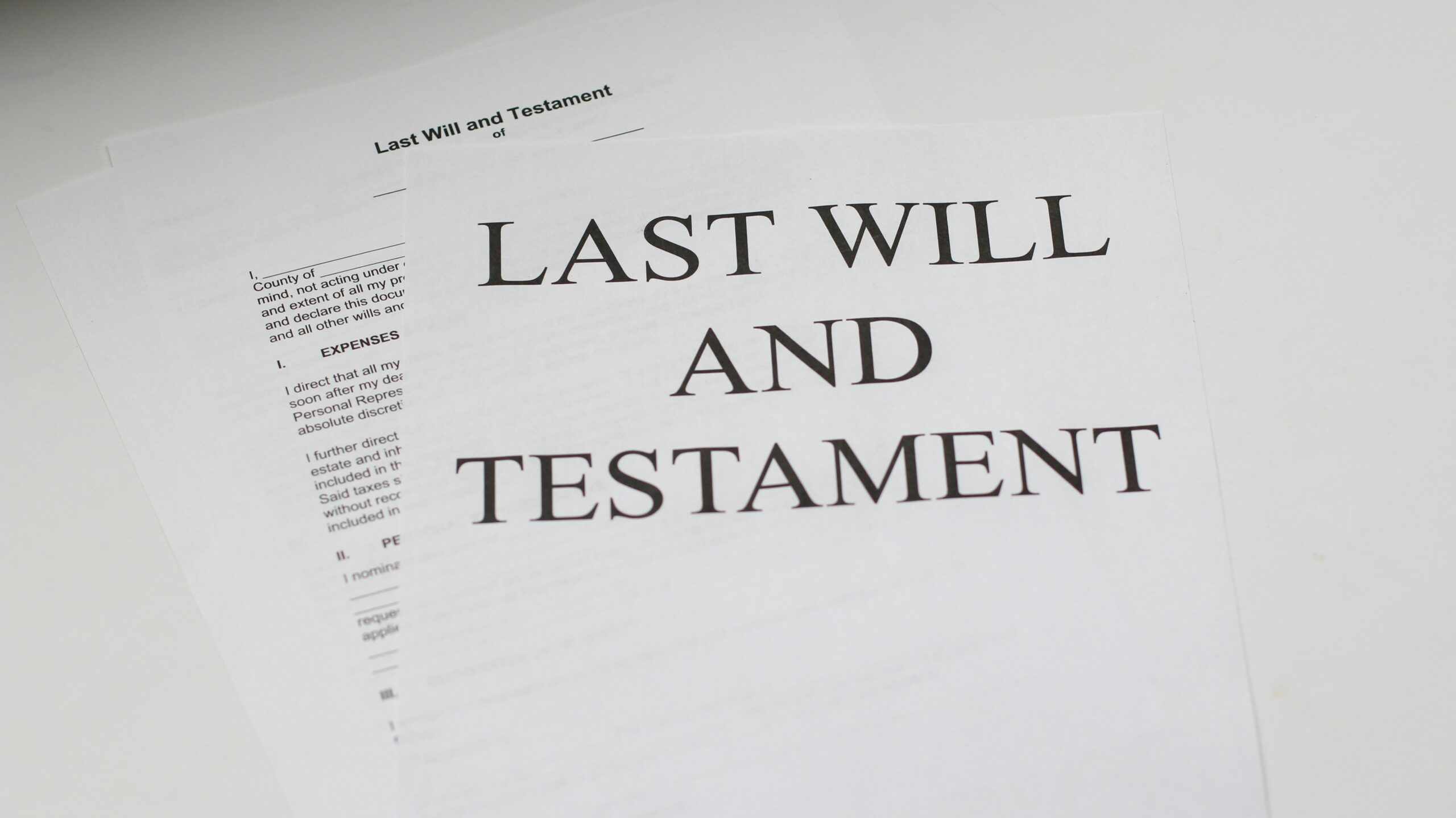Introduction
Estate planning is a crucial step in ensuring that your assets are distributed according to your wishes after you pass away. Two of the most common tools used in estate planning are wills and trusts. While both serve to distribute your assets, they operate in different ways and offer distinct advantages. This guide will help you understand the differences between wills and trusts, so you can make an informed decision about which is right for your situation.
What Is a Will?
A will is a legal document that outlines how your assets should be distributed after your death. It allows you to name an executor, who will be responsible for carrying out your wishes, and guardians for any minor children. Wills are straightforward and effective, but they must go through probate—a court-supervised process that can be time-consuming and costly.
Note: A will is essential if you have minor children, as it allows you to name a guardian to care for them.

What Is a Trust?
A trust is a legal arrangement where a trustee holds and manages assets on behalf of beneficiaries according to your instructions. Trusts can be created during your lifetime (living trust) or upon your death (testamentary trust). One of the main benefits of a trust is that it can avoid probate, allowing assets to be distributed more quickly and privately.
Tip: A living trust is particularly useful if you own property in multiple states, as it can help avoid multiple probate proceedings.
Key Differences Between Wills and Trusts
Control Over Assets
With a will, your assets remain in your control until your death. A trust, however, allows you to transfer ownership of assets during your lifetime, providing more flexibility in managing your estate.
Probate Process
Wills must go through probate, which can be lengthy and costly. Trusts, on the other hand, can bypass probate, allowing for quicker and more private distribution of assets.
Privacy Considerations
Wills become public record once they go through probate, meaning anyone can access the details of your estate. Trusts remain private, with only the trustee and beneficiaries aware of the terms.
Costs Involved
Wills are generally less expensive to create, but the probate process can add significant costs. Trusts may have higher upfront costs due to their complexity but can save money in the long run by avoiding probate.
Note: Consider the size and complexity of your estate when deciding between a will and a trust, as larger estates may benefit more from the privacy and efficiency of a trust.
When to Choose a Will
A will is often the right choice if you have a relatively simple estate, want to name guardians for your minor children, or are not concerned about probate. Wills are also easier to amend or revoke, providing flexibility if your circumstances change.
When to Choose a Trust
A trust may be more appropriate if you have a larger or more complex estate, want to avoid probate, or need to manage assets for beneficiaries over time. Trusts are also beneficial for those who wish to maintain privacy in their estate planning.
Tip: If you are concerned about protecting your assets from creditors or ensuring that your beneficiaries receive their inheritance over time, a trust may be the better option.
Combining Wills and Trusts in Estate Planning
In many cases, the best approach is to use both a will and a trust in your estate planning. A “pour-over” will can be used to ensure any assets not already placed in your trust are transferred to it upon your death, ensuring all your assets are managed according to your wishes.
Note: Consult with an estate planning attorney to determine the best combination of tools for your specific situation.
Conclusion
Choosing between a will and a trust is a significant decision in your estate planning process. Understanding the differences, benefits, and limitations of each can help you create a plan that meets your needs and protects your loved ones. Whether you opt for a will, a trust, or a combination of both, taking action now will provide peace of mind that your estate will be handled according to your wishes.





